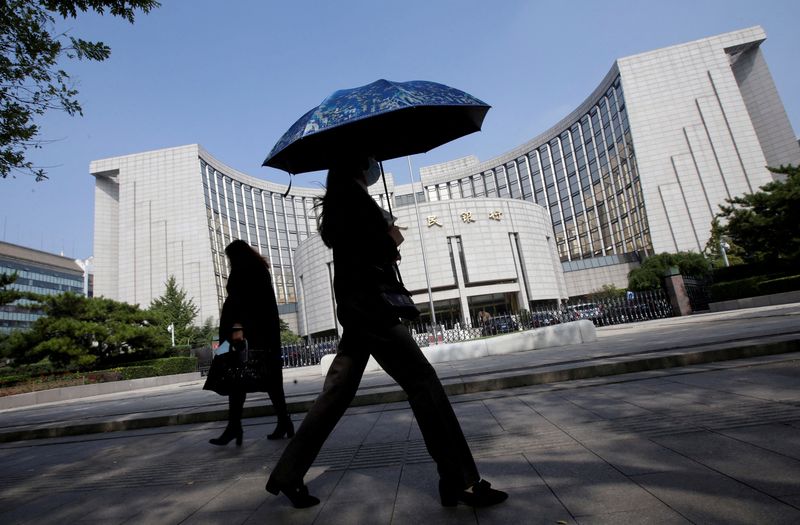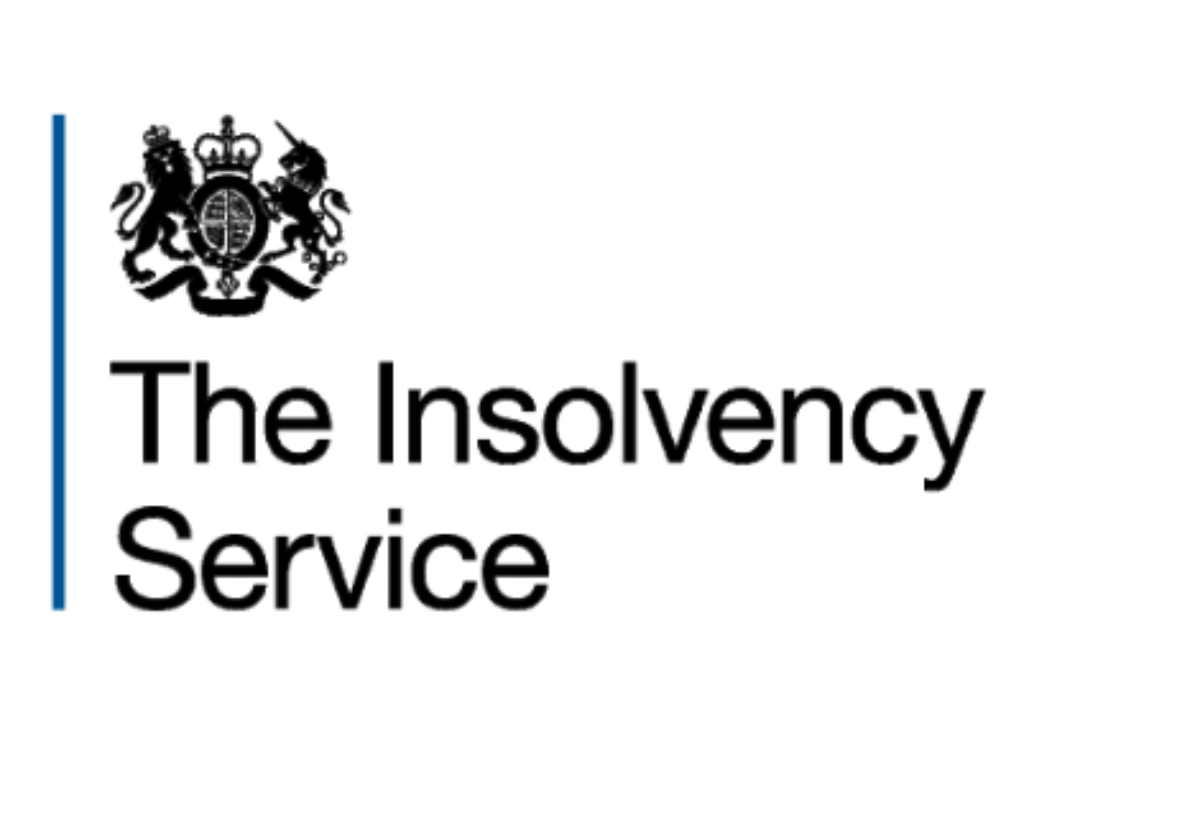BEIJING/SHANGHAI (Reuters) – China’s central bank kicked off two funding schemes on Friday that will initially pump as much as 800 billion yuan ($112.38 billion) into the stock market through newly-created monetary policy tools.
The People’s Bank of China (PBOC) spelt out operational details of the swap and relending schemes first announced in late September, aiming to support “steady development” of capital markets.
China’s recent market bull run has been losing steam as euphoria turned into caution over the size and implementation of Beijing’s stimulus promises. Following the PBOC announcement, the benchmark reversed early losses to end the session sharply up 4%.
“The shoes finally dropped,” said veteran investor Wen Hao, who had been anxiously waiting for implementation of the schemes.
Wen said he expects many companies will tap the new facilities to buy shares, adding fuel to a bull market “which has just started.”
The announcement came after China’s financial regulators held a meeting with key financial institutions, urging them to swiftly implement expansive policies to support the economy and capital markets.
Under the swap scheme, initially worth 500 billion yuan, brokerages, asset managers and insurers can obtain liquidity from the central bank through asset collateralisation to buy stocks.
Currently, 20 companies have been approved to participate in the scheme and initial applications have exceeded 200 billion yuan, the PBOC said. Participants include China International Capital Corp (CICC), Citic Securities, China Asset Management Co and E Fund Management Co, China’s securities regulator said.
“The swap scheme will become a market stabiliser” as demand for the tool rises when stocks are over-sold, but the appetite naturally fizzles when the market recovers, Xinhua Financial said in an article on Friday.
In addition, institutions can use the tool to access liquidity in a stock market rout without having to sell shares in a downward spiral.
Under the facility, assets including bonds, stock ETFs and holdings in constituents of the CSI300 Index can be exchanged for highly liquid assets such as treasury bonds and central bank bills, giving participants easier access to funding.
“If implemented effectively, these new policy efforts could bring incremental funds into the market and enhance shareholder returns, thereby driving valuation rerating,” BNP Paribas (OTC:) said in a note to clients.
RELENDING SCHEME
The central bank also launched a relending programme, initially worth 300 billion yuan, that would allow financial institutions to borrow from the PBOC to fund share purchases by listed companies or their major shareholders.
The one-year interest rate for relending is set at 1.75%, and 21 eligible financial institutions, including policy and commercial banks, can apply for the loans at the start of each quarter, the PBOC said.
Listed companies and their major shareholders can then borrow from the banks at interest rates of up to 2.25% for share buybacks and purchases. It is an exception to rules that prohibit bank lending from flowing into the stock market.
Last week, Beijing Balance Medical Technology Co said its controlling shareholder plans to tap the facility to buy the company’s shares.

“I expect to see a growing number of companies to announce share buybacks or purchases using the cheap loans,” investor Wen said.
($1=7.1189 )
Note: This article have been indexed to our site. We do not claim legitimacy, ownership or copyright of any of the content above. To see the article at original source Click Here













